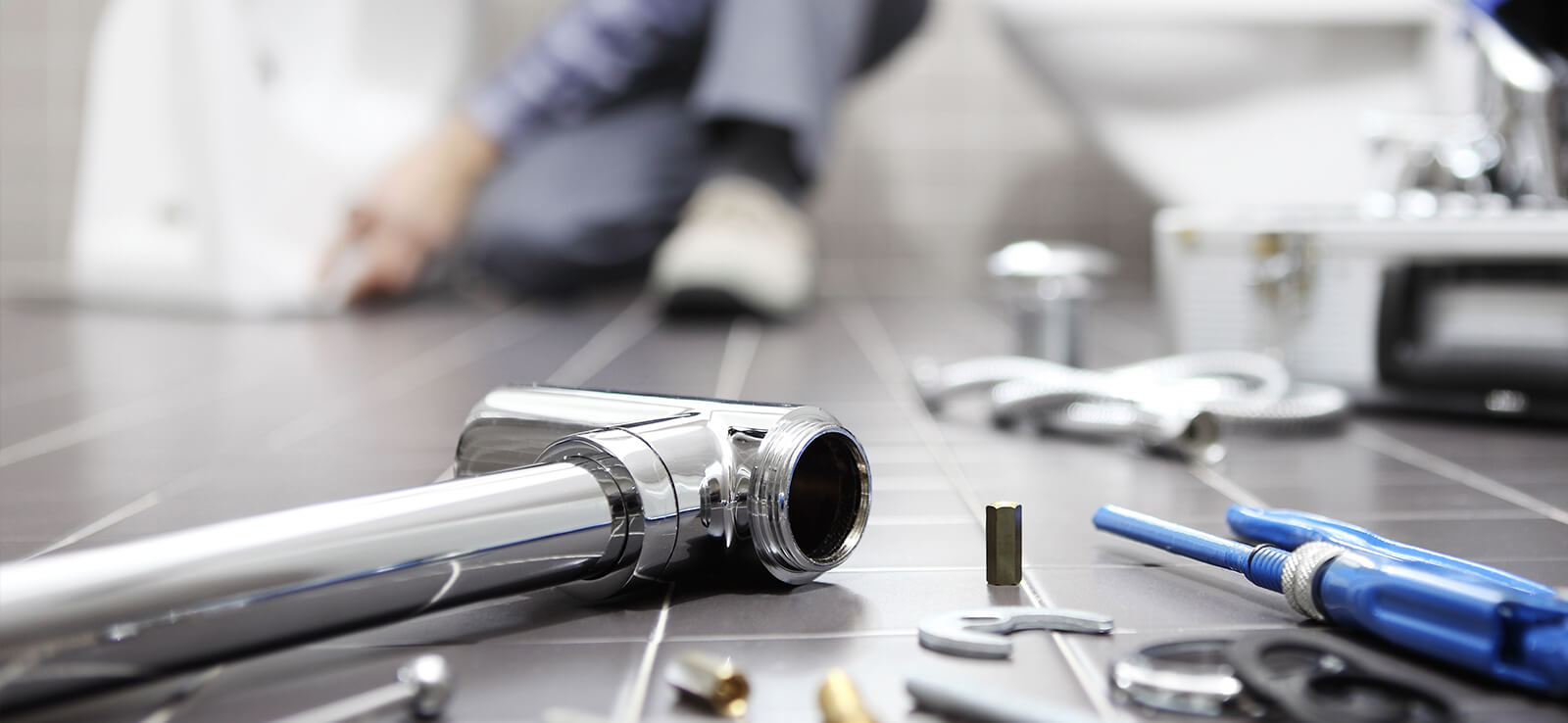Are Your Pipes Silently Corroding?
Though new home builds frequently use things like plastic and concrete pipes because they are resistant to corrosion, many existing homes still have metal pipes in their homes. Metal pipes are not inherently bad, but they are more susceptible to corrosion so there may be additional precautions you need to take to prevent this from happening. Corrosion is not just a concern because your pipe could break and cause leaks and other damage – if the pipes that supply your drinking water corrode, it can become dangerous for your health because contaminants from corrosion could get into the water you drink.
Common causes of residential pipes corrosion include using excessive amounts of hot water, high levels of calcium or some other minerals in your water, low pH levels, water pressure that is too strong, and oxygen levels in your water that are too high. There are a few different ways to prevent or delay pipe corrosion. Prevent stagnant water from sitting in pipes for too long, don’t allow rust build up in your hot water heater from the anode or anywhere else because iron deposits from rusty pipes cause corrosion, use a water softener, monitor water pressure, and have your water evaluated. You may need to add things like chlorine or phosphates to better support your plumbing. If you are unsure if you have pipe corrosion or need to make any changes to prevent corrosion, consult a reliable plumber who can evaluate your plumbing and provide experienced recommendations or services that may help extend the life of your plumbing.
How to prevent corrosion in pipes?
Homeowners lose thousands of dollars in amount due to metal corrosion in every year. Aside from expensive repairs, corrosion also comes with dangers like safety hazards, personal injuries, and even halting water supply.
When it comes to plumbing pipes, metals draw electrons from one another. This exchange of electrons causes galvanic corrosion. As a result, the metal gets galvanic corrosion and becomes weaker overtime. This natural cause will affect the structural integrity of the entire property. One way of preventing metal-to-metal contact is insulation wear pads.
Friction can take a toll on metals and triggers corrosion. The crevice corrosion is most common around houses with old installations. Using a restraint helps to avoid crevice corrosion in metal pipes. People can also use clamps, U-bolts, and vibrations to minimize corrosion.
Lack of cleaning causes bacterial buildup in pipes. The microbiologically induced corrosion may cause the structure to become weak and affect the quality of water. Individuals must clean their pipes regularly. They can use sulfides and biocides to keep the pipes clean. Microbial inhibitors are another effective cleaner for maintenance needs.
Protective coatings and linings can prevent corrosion in joints and beams. Galvanization also offers such protection from corrosive agents on iron, steel, and aluminum pipes. If one wants to prevent bacteria from accessing gaps and crevices. Metal protection prevents any long damage in pipes.
High water pressure also causes corrosion in metal pipes. Homeowners should resolve inconsistent pressure in this piping system as soon as possible. This also means dealing with high stress edges before it develops into corrosion. If necessary, make sure to hire professional technicians for extensive corrosion problems.
What are the best ways to repair corroded pipes?
The first step in repairing corroded pipes is planning ahead. Especially with old plumbing pipes, quick repairs could avoid the need for expensive replacements. Homeowners should get their tools ahead of time and fix broken edges. Get a specialty of supply parts to avoid any disastrous floods.
The second tip involves cutting off the water supply to the entire house before conducting any repairs. One must test and confirm that the water is completely shut down by checking all the values. Any negligence mistakes may damage metal parts and lead to more stressful situations.
Homeowners perform mechanical and chemical cleaning to remove accumulated bacteria in crevices. Calcium lime and rust remover are excellent cleaners to clean faucets. It is essential to soak the cleaners and repeat the applications to accumulated debris that could be removed through mechanical cleaning steps.
One must use stuck fasteners to remove loose connections. This tool will also help to stabilize the plumbing structure and reduce torque in edges. Locking pliers may also offer a satisfactory solution in fixing damaged pipes. Locking wrenches help to deal with plumbing fixtures and old systems with severe corrosion problems.

